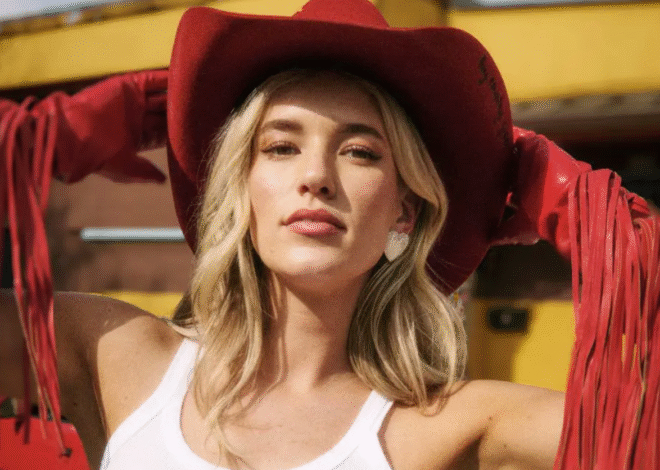
Alan Jackson CMA Walkout During Beyoncé’s CMA Performance
Alan Jackson CMA walkout became one of the most talked-about moments in country music history.
When Alan Jackson reportedly walked out of the CMA Awards during Beyoncé’s surprise performance, the act sparked debate about the balance between traditional country values and modern pop influence.
The event remains a defining example of how deeply country artists care about preserving their genre’s roots.
Alan Jackson CMA Walkout During Beyoncé’s CMA Awards Performance
Beyoncé’s Surprise CMA Performance That Divided Fans
During the 2016 CMA Awards, Beyoncé shocked the audience by performing her country-inspired hit “Daddy Lessons” with The Chicks (formerly the Dixie Chicks).
The collaboration made headlines instantly. However, many traditional country fans felt it didn’t fit the spirit of the show. Among them was country legend Alan Jackson, who made his feelings clear in a dramatic way.
Before the broadcast, Jackson had voiced his hopes for a night of “real country music.” He said:
“But I understand the dang television station trying to get the ratings with whatever they think is gonna prop it up, with some big event with some other type of artist on there. Yeah, hopefully it’ll be a good country music show for a change.”
When Beyoncé appeared, Jackson reportedly stood up from the front row and walked out mid-performance. A Nashville music manager later recalled:
“I was sitting behind Alan Jackson, and he actually stood up from the front row and walked out in the middle of the performance, so I think that spoke volumes for the traditional, real country acts.”

Country Artists React to the Alan Jackson CMA Walkout
While the moment stunned audiences, Alan Jackson’s CMA walkout resonated with others who felt the genre was losing touch with its roots. Fellow artist Travis Tritt wrote on social media that “country doesn’t need pop acts for ratings.”

His post echoed frustration among those who believe the CMAs should remain a celebration of country music, not a stage for crossover moments.
Others, however, praised the collaboration for its creativity. They argued that music evolves by blending sounds and reaching new audiences. Yet Jackson’s decision reminded many that tradition still matters in Nashville’s modern music scene.
Alan Jackson’s Long History of Defending Real Country Music
The Alan Jackson CMA walkout wasn’t his first act of protest. In 1999, he defended George Jones after the Country Music Association limited Jones’s performance of “Choices” to one minute. Jones declined to attend the show, finding the restriction disrespectful.
That same night, Jackson was scheduled to perform “Pop A Top.” Halfway through, he stopped his band and began singing “Choices” instead.
The crowd cheered, giving him a standing ovation as he walked offstage immediately afterward. The gesture became legendary for its courage and loyalty to traditional country music.
Later, George Jones said:
“What he did meant more to me than I could ever say. I was watching the show, and when he began singing ‘Choices,’ it moved my wife Nancy and me both to tears. He made a huge statement on my behalf, and on behalf of traditional country music, and didn’t worry about what the consequences might be.”
Why the Alan Jackson CMA Walkout Still Matters
Years later, the Alan Jackson CMA walkout remains a defining moment for traditionalists. It symbolized one artist’s refusal to compromise his values, even under the bright lights of television.
Moreover, it reignited discussion about what “real country” means in an age where genres blend freely.
In truth, Alan Jackson’s act wasn’t about defiance; it was about devotion. It reflected his respect for storytelling, honesty, and simplicity—the traits that built country’s foundation. For long-time fans, that moment proved authenticity can still triumph over spectacle.
Watch the unforgettable clip of Alan Jackson’s bold CMA moment below and decide for yourself: was it rebellion, or just real country pride?



